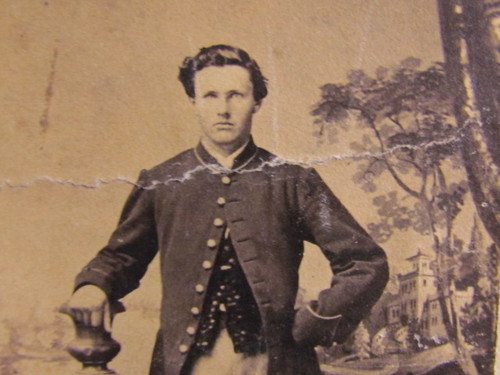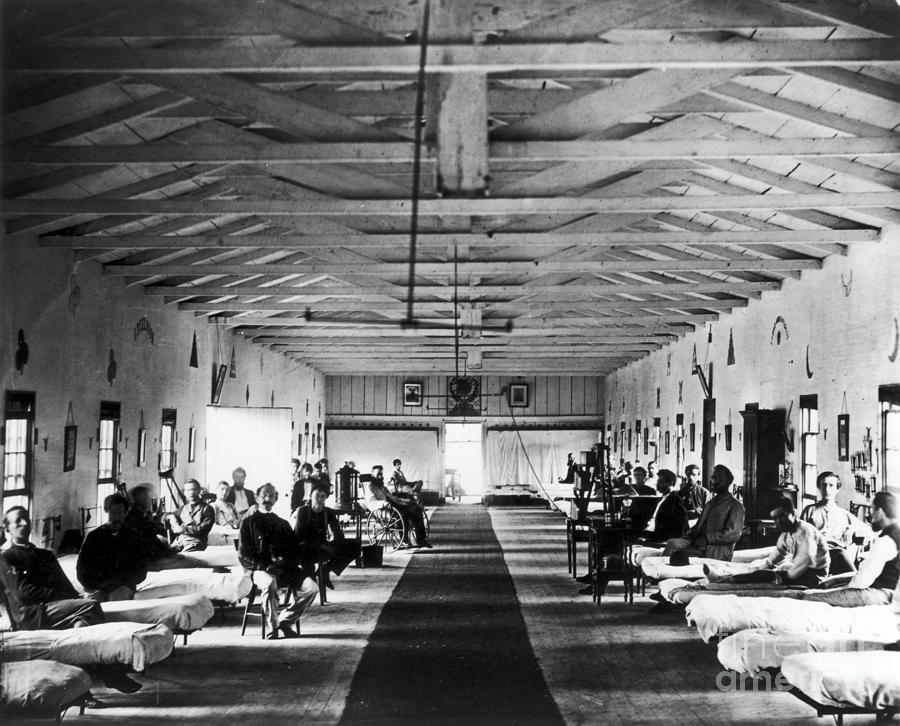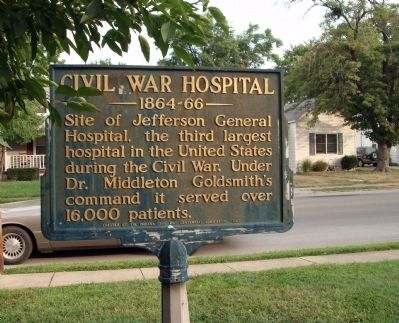

The line-officers took their mailīefore it could reach their company street and the men of each company followed their orderly sergeant, as he took their portion for distribution. Willing hands were ready to take the field-and-staff mail, when that was given out but there was no need to carry it to regimental headquarters, for, from colonel to quartermaster, all were close by, waiting to receive what there was for them. It seemed as if the whole regiment gathered in sight of that postmaster's tent, as though longing eyes could quicken the work of busy fingers. A writer speaks of the distribution as follows: Then he would hurry back to his tent, where he sorted the regimental mail When possible it was brought to the point of distribution by boat three whistles signified "mail." The ordinary procedure was for the regimental postmaster to go with his mail-bag to the city, in order to be present when the mail was distributed. A letter from home serves to dispel in great measure this feeling.58 įortunately for the Wisconsin soldier, the Government made provision for regular and frequent distribution of the mail while the men were in the field or on the march. He feels constantly among such a mass of men that he has lost his connection with the world, yea almost his personal identity, and that he is but part of a monster machine. One soldier pleads with the readers of his letter to keep in as close communication with the soldier as possible, for he says:Ī soldier after a little begins to lose his individuality and from being John Jones, Esquire, of Frogtown, he becomes only one of the Wisconsin Fifth or Indiana Nineteenth.
#Wisconsin civil war hospital full#
This to him is the sum total, the full perfection of a soldier’s life.57

* * * After a soldier has been out as long as we have, he only asks a chance to meet the enemy, get letters, and have enough hard crackers to eat. Nothing gives more joy to a soldier, aside from meeting the enemy face to face, than a letter to break up the monotony of our peculiar style of life, and remind him of home and kindred spirits. Man, who was drunk yesterday, is crying tonight between the blankets, because he had a letter from his mother.Īnother Wisconsin soldier looks at the matter from a psychological standpoint, and says: * * * Immediately, all the weariness is gone the fire has quit smoking, the musty, fusty crackers and bacon are better, and I am just the happiest fellow in the whole world. Just then the mail boy brings in a letter, a good long one from you or from mother. The coffee is bad, the crackers worse, the bacon worst of all, and we are as hungry as wolves. We get the blues sometimes and feel like going to the dogs. We do not get letters enough to make us better men and better soldiers. If he could have picked his place for winter-quarters at the front, he would have valued, as next to wood and water privileges, a station where home mail came regularly and promptly.56 Ī young volunteer thus describes the value of the home letter:

The soldier's craving for news from home was more positive than even his desire to end the cruel war. When it is taken into consideration that many of our volunteers were mere boys, the value of the home connection is even more apparent. If the home connection was once lost or broken the soldier was apt to be set adrift on a sea of loneliness and temptation. Letters from home were the only connection which the soldiers had with their families except in a few rare cases, where women accompanied their soldier relatives to the front.


 0 kommentar(er)
0 kommentar(er)
